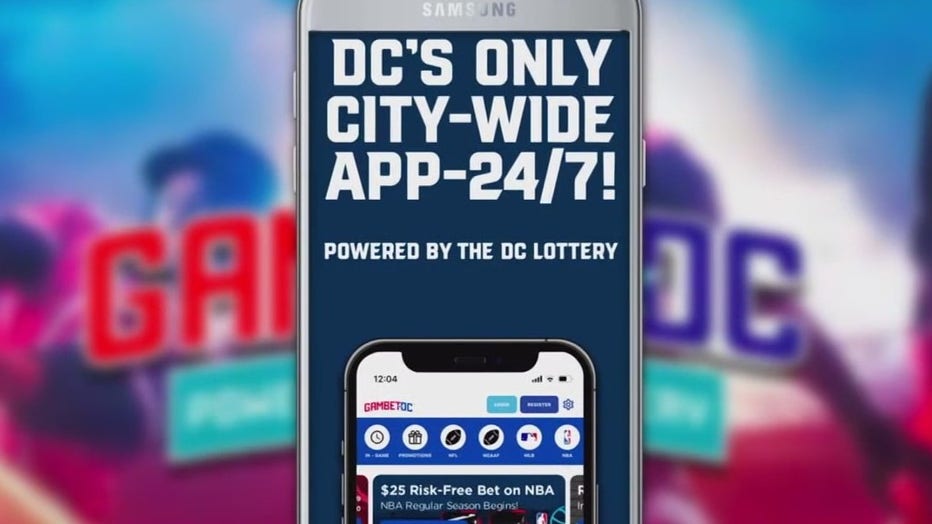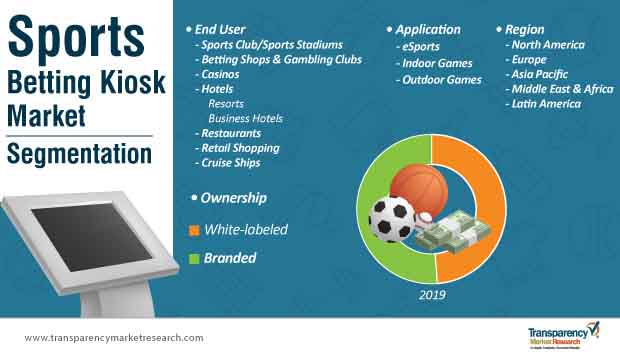
D.C.'s Office of Lottery and Gaming is trying to rescue underperforming sports gambling app GambetDC by turning it over to a private operator with a more established platform, the agency's director said Thursday.
Right here in the heart of the DMV, the decision to terminate the no-bid contract with Intralot sent shockwaves through the D.C. Council hearing. Lawmakers, gathered to discuss the future of the troubled app, were caught off guard by the revelation. With just a few months left before the contract expires in July, the unexpected move has sparked intense debate about the next steps for the city's gaming landscape.

The agency's representative, Frank Suarez, worked with Intralot to identify potential subcontractors, raising new questions from city leaders unhappy with GambetDC's performance. The app was released in May 2020, but technical problems, low odds, and other issues tarnished its reputation among D.C. bettors. The platform brought in only a fraction of the $20 million in annual revenue projected by D.C.'s former chief financial officer for 2019.
According to Suarez, the move will allow D.C. to rapidly reverse the negative trend while becoming more competitive with Maryland and Virginia, which launched their sports betting operations after D.C., and give gamblers a variety of popular companies to choose from onlinenzcasino.com.
"It's no secret that private operators have very strong brands," Suarez said at the hearing. We want a bigger brand. We want something that players are accustomed to and are very satisfied with," he said.
Suarez said the agency will probably seek to extend the amended agreement with Intralot beyond this summer, but Rep. Kenyan R. McDuffie (I-Univ.), who led the hearing and chairs the Assembly Business and Economic Development Committee, expressed skepticism about the plan.
Auditor D.C. Sports Betting Firms Fall Far Behind on Local Hiring Mandate
McDuffie articulated GambetDC's shortcomings, saying that while D.C. had projected $84 million in profits to date, the program has brought just over $4.3 million in profits to D.C. over its lifetime. Last year's results were down, Suarez said, but that was due to increased distributions to bettors and companies that host GambetDC kiosks.
In his opening remarks, McDuffie said he has heard complaints from residents about D.C.'s ease of use, customer service, and declining returns.
McDuffie told the hearing, "Simply put, sports betting in the nation's capital is not working." He directed OLG officials to "explain to the public what is wrong and, more importantly, what they intend to do to fix this mess."
Suarez, who began heading OLG in 2021, said the initial revenue projections were too high. McDuffie contrasted D.C.'s problems with Virginia and Maryland, which began mobile sports betting in 2022. Like most states that allow mobile sports gambling, users in these states can choose from well-known companies such as FanDuel and DraftKings.
But Suarez says the region-wide growth in sports betting has also pushed down tax revenues generated by the city's large private betting operators, which Washingtonians can only access at professional sports venues: FanDuel at Audi Field, Capital One Caesars Sportsbook at Audi Field, Capital One at Capital One Arena, and BetMGM at Nationals Park. Some of them even have their own mobile platforms.
According to Suarez, the popularity of the private operator's platform combined with GambetDC's poor performance led Intralot to approach OLG around November with a proposal to subcontract with an unnamed private operator to replace the D.C. platform.
Intralot added that it realized that "the platform they created could not provide everything the players were looking for."
After the Super Bowl debacle, the D.C. sports betting app is now functional, officials say.
And even though GambetDC has improved bettor odds and revamped its interface since its launch, its previous abysmal 1.6-star rating in Apple's app store is now up to about 3.75 out of 5 stars. Said Suarez, "We have a chance to get one of those private operator apps that players feel are much better than what we offer." ''And Suarez said. Even with the changes we've made to the interface, I think players still have the perception that the odds aren't as good and the app doesn't work as well.
Suarez said the Lottery and Gaming office has already submitted a proposal to the city's Small Business and Community Development Department to modify Intralot's contract, although he did not name any private operators under consideration. He said his agency had sought terms as part of the subcontract, such as a minimum guarantee, while removing the obligation to pay operating expenses for D.C. Lotteries subcontractors.
But Suarez said he could not share revenue projections developed by potential subcontractors until his agency approves the plan, fearing it could threaten the integrity of the process. (Intralot's contract allows it to subcontract with the Lottery and Gaming Authority upon its approval.)

Suarez said this subcontracting is the "fastest" way to see improvements, compared to rebidding. By comparison, he estimated, the subcontracting plan would be finalized by the end of February.
McDuffie noted that the city was similarly focused on speed when it approved the sole-source contract in 2019 (McDuffie was one of the seven councilmembers who ultimately voted in favor in a 7-5 contested vote that year). He questioned how the proposal was put together and whether Intralot considered other subcontractors.
Suarez said he did not know if Intralot had spoken with other potential subcontractors, but he was confident in the process.
Betting inside the poke store, he put the D.C. sportsbook under attack
More Interesting
Exploring the European Online Gambling Market: Growth Trends and Projections
Online Gambling Regulation: A Scandinavian and Baltic Perspective
.